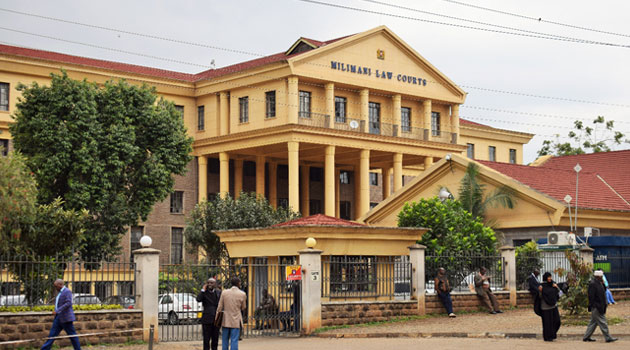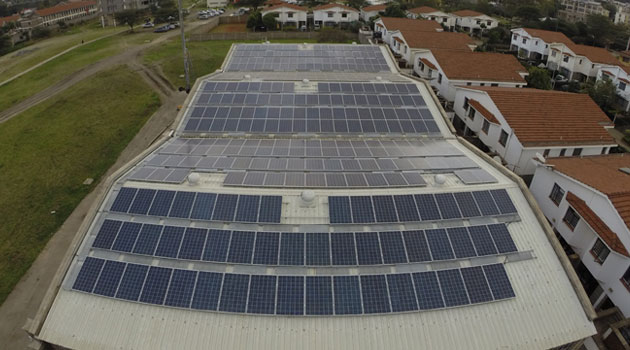LONDON, August 3 – The European single currency topped 1.32 dollars on Tuesday and the yen hit a new 2010 peak amid stubborn concerns over the US economic outlook, traders said.
At 0820 GMT, the shared eurozone unit jumped to 1.3242 dollars, hitting the highest level since May 3.
And the dollar sank as low as 85.85 yen, touching the lowest level since 27 November, 2009.
"The story over the last 24 hours remains one of US dollar weakness," said CMC Markets analyst Michael Hewson.
He added: "If today\’s US economic data continues to disappoint then we could well see further US dollar declines."
Later on Tuesday, the foreign exchange market will digest a raft of US data, including personal consumption, spending and income, as well as factory orders and pending home sales.
Analyst Adam Solomon, at online trading site TorFX, added that the euro was also lifted by "speculation that a slowing US economy will force the Federal Reserve to increase fiscal stimulus measures to shore up the recovery".
Fed Chairman Ben Bernanke had warned on Monday that cuts in state government spending were slowing the US economic recovery, as he urged politicians to manage funds better in good times.
The euro was meanwhile boosted on Monday by solid European banking-sector results and data.
Stronger eurozone manufacturing statistics combined with solid earnings for top banks HSBC and BNP Paribas, lifting optimism in a sector that has been in the doldrums since the fallout from Greece\’s fiscal crisis.
In addition, the US Institute of Supply Management said its manufacturing index fell to 55.5 points in July from 56.2 percent in June, compared with forecasts for 54.2 percent. A reading above 50 percent indicates expansion.
Official data had showed last Friday that the US economy expanded by gross domestic product (GDP) growth fell back sharply to 2.4 percent in the second quarter, stoking fears that the recovery was losing steam.

























